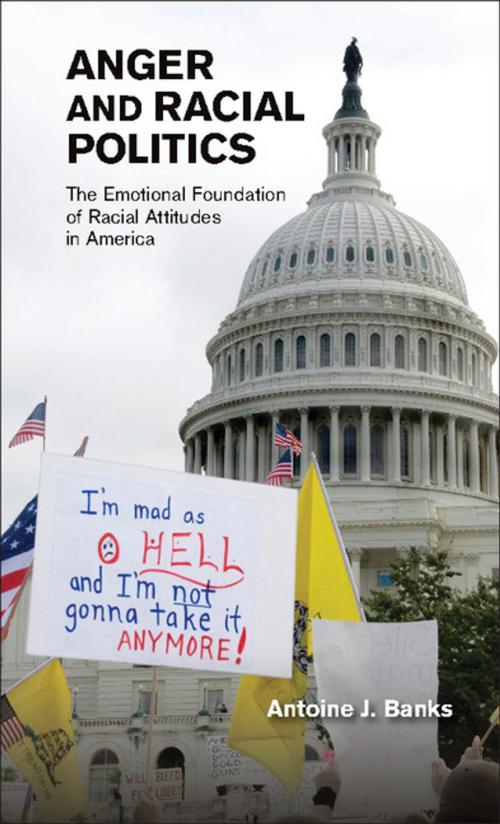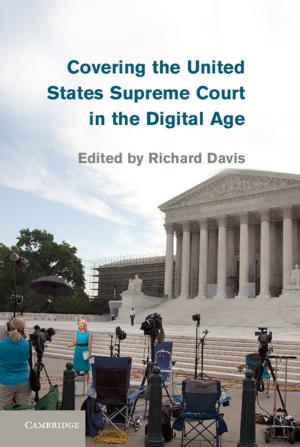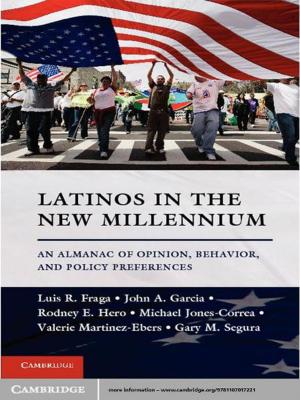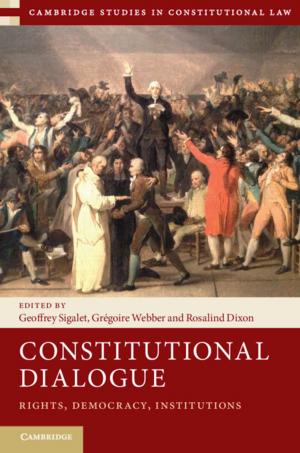Anger and Racial Politics
The Emotional Foundation of Racial Attitudes in America
Nonfiction, Social & Cultural Studies, Social Science, Sociology, Political Science| Author: | Antoine J. Banks | ISBN: | 9781139905336 |
| Publisher: | Cambridge University Press | Publication: | May 12, 2014 |
| Imprint: | Cambridge University Press | Language: | English |
| Author: | Antoine J. Banks |
| ISBN: | 9781139905336 |
| Publisher: | Cambridge University Press |
| Publication: | May 12, 2014 |
| Imprint: | Cambridge University Press |
| Language: | English |
Politicians, scholars, and pundits often disagree about whether race has been injected into a political campaign or policy debate. Some have suspected that race sometimes enters into politics even when political elites avoid using racial cues or racially coded language. Anger and Racial Politics provides a theoretical framework for understanding the emotional conditions under which this effect might happen. Banks asserts that making whites angry - no matter the basis for their anger - will make ideas about race more salient to them. He argues that anger, and not fear or other negative emotions, provides the foundation upon which contemporary white racial attitudes are structured. Drawing on a multi-method approach, he demonstrates that anger plays an important role in enhancing the impact of race on whites' preferences for putting an end to affirmative action, repealing health care reform, hanging the confederate flag high, and voting for Tea Party-backed candidates.
Politicians, scholars, and pundits often disagree about whether race has been injected into a political campaign or policy debate. Some have suspected that race sometimes enters into politics even when political elites avoid using racial cues or racially coded language. Anger and Racial Politics provides a theoretical framework for understanding the emotional conditions under which this effect might happen. Banks asserts that making whites angry - no matter the basis for their anger - will make ideas about race more salient to them. He argues that anger, and not fear or other negative emotions, provides the foundation upon which contemporary white racial attitudes are structured. Drawing on a multi-method approach, he demonstrates that anger plays an important role in enhancing the impact of race on whites' preferences for putting an end to affirmative action, repealing health care reform, hanging the confederate flag high, and voting for Tea Party-backed candidates.















